Place your adverts here on InfoDig @ low rates; banner ads, sponsored links and guest articles etc. Contact us
The Nigeria Immigration Service, on Monday, named social media personality, Okuneye Idris, otherwise known as Bobrisky, as a person of interest in an ongoing probe.
It also confirmed that its officers intercepted Idris at the Sème border while fleeing the country earlier in the day.
The controversy surrounding Bobrisky began in April 2024 when he was sentenced to six months in prison by the Federal High Court in Lagos for naira abuse.
Although he was officially incarcerated at Kirikiri Prison, reports emerged later alleging that Bobrisky spent only three weeks in the facility before being discreetly moved to a private location.
This prompted widespread speculation that his release and special treatment were facilitated through bribery, with accusations of a N15m payment made to officials to secure his transfer and preferential conditions.
The situation escalated in late September when a social media influencer, VeryDarkMan, posted an audio recording allegedly involving Bobrisky.
In the leaked recording, Bobrisky purportedly claimed that music artist, Falz, and his father, human rights lawyer Femi Falana, had approached him during his imprisonment, seeking N10m to secure a presidential pardon.
In response, Falana and Falz issued a cease-and-desist letter on October 16, 2024, demanding a retraction and public apology for what they termed defamatory statements.
Bobrisky, however, denied making the claims, stating that he was not responsible for the leaked content and urging the Falanas to hold VDM accountable instead.
In a statement signed by the Service Public Relations Officer, Mr Kenneth Udo, on Monday evening, Immigration said, “The Service wishes to inform the public that OKUNEYE IDRIS is a person of interest over recent issues of public concern.”
The statement is titled ‘Nigeria Immigration Service Intercepts Idris Okuneye (Bobrisky) at Sème bordering attempting to flee the country.’
The statement read, “In keeping with its commitment to securing the borders, Nigeria Immigration Service (NIS) intercepted Okuneye Idris Olanrewaju otherwise known as Bobrisky at the Seme Border over an attempt to exit the country.
“He is undergoing interrogation and will be handed over to the appropriate authorities for further action.
“The Service assures the public that it will continue to be civil and professional in its statutory responsibility of manning the country’s borders.”
Bobrisky’s arrest by the NIS followed the submission of a report by the panel set up to investigate the allegations of corruption against the Nigeria Correctional Service over his detention.
The Minister of Interior, Olubunmi Tunji-Ojo, constituted an investigative panel chaired by the Permanent Secretary of the ministry, Magdalena Ajani, and ordered a probe into the alleged corruption and other violations against the Service.
Reading the phase one report of the panel on Monday, a member of the panel and the Executive Director and founder of Prisoners’ Rehabilitation and Welfare Action, Uju Agomoh, said the panel found no evidence that Bobrisky slept outside the prison walls after he was sentenced.
She said, “The panel did not find any evidence thus far that suggested that Mr Okuneye slept outside the custodial centre during the period of his imprisonment, which was from 12th April 2024 to 5th August 2024, which is a six-month correctional sentence with the usual remission applicable.”
Agomoh said during the period, Bobrisky was transferred from the Kuje Custodial Centre to the Medium Security Custodial Centre in Kirikiri-Apapa, Lagos, and then to the Maximum Security Custodial Centre, from where she was discharged after the completion of her sentence.
She stated that Bobriksy enjoyed several privileges while in the two custodial centres, which included furnished single cells, a humidifier, and lots of visits by his family members and friends.
She said, “The panel also found that Mr Okuneye Idris enjoyed several privileges while in custody, both at the Medium Security and the Maximum Security Custodial Centres, which include, especially the following: furnished single cells, humidifier, lots of visits by his family members and friends as he desired, self-feeding, designated inmates to run errands for him, access to fridge and television, and possibly access to his phone.
“It is necessary to further investigate if the above privileges provided for Okuneye Idris were financially motivated and based on corrupt practices by correctional officers.
“The panel believes that the peculiar case of the inmates and the inmates’ physical looks and behaviour pose a threat, and the lack of laid-down rules for the treatment of such a case may have necessitated such privileges to be granted to Okunenye Idris.
The panel recommends that clear guidelines need to be set up to guide operations regarding such incidents in future.
“Steps should be taken to avoid the obvious discriminatory practices in relation to the socio-economic levels and other status of inmates,” she said.
On the Issue of Abdulrasheed Maina’s son sending money to the personal account of the Kuje Custodial Centre – Deputy Controller of Corrections, Kelvin Iloafonsi Ikechukwu, the panel found the allegation was true.
She said Ikechukwu confirmed the money paid into his personal account by Abdulrasheed Maina’s son was for his health and welfare needs.
“The panel is of the view that DCC Kelvin Iloafonsi Ikechukwu acted unethically and brought himself and the Nigerian Correctional Service to great disrepute by requesting and receiving money into his personal account from Abdulrasheed Maina’s son.
“Also, the panel is of the view that even if the transfers
were made with Abdulrasheed Maina’s approval, this is still a violation as DCC Kelvin Iloafonsi Ikechukwu’s conduct was not consistent with institutional regulations,” she added.





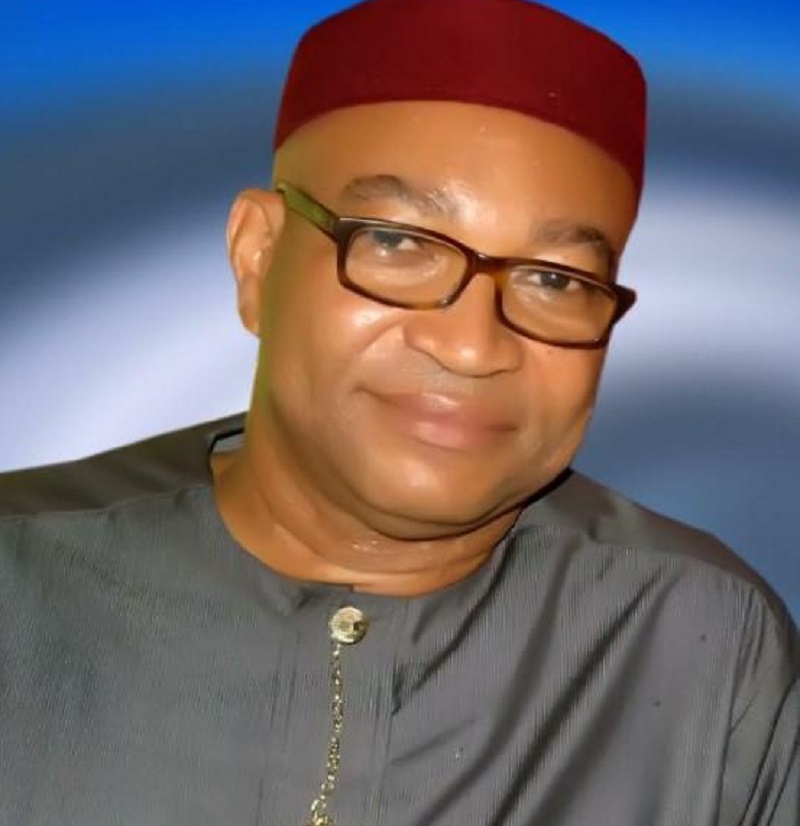





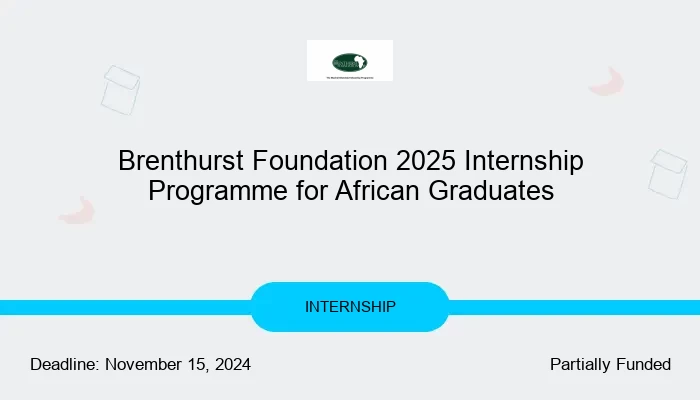
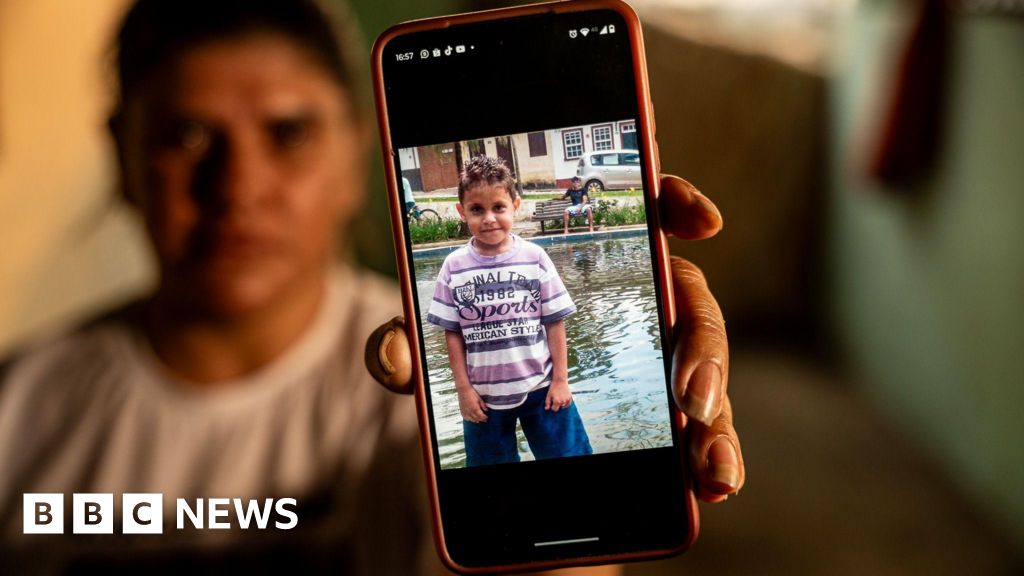
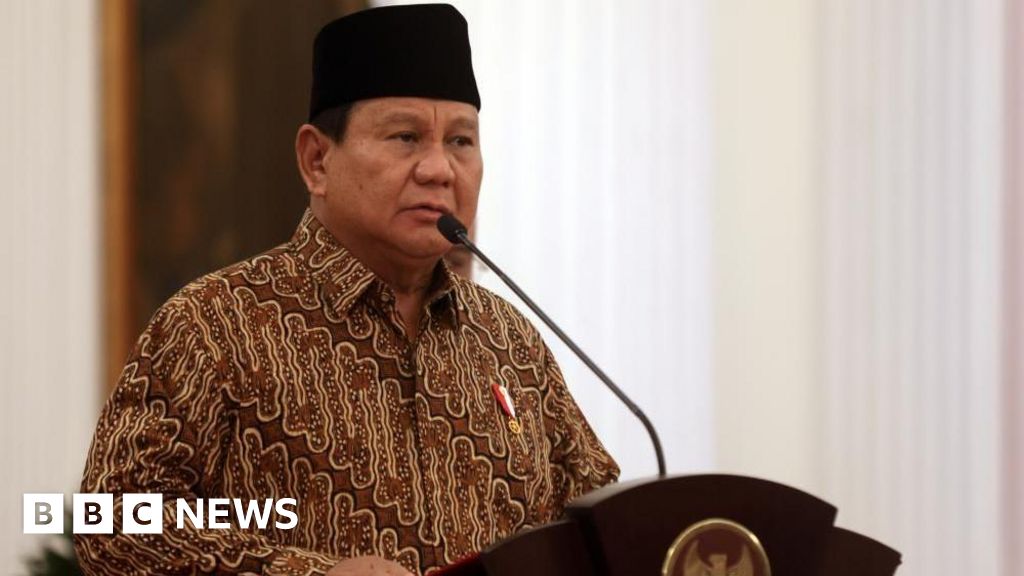
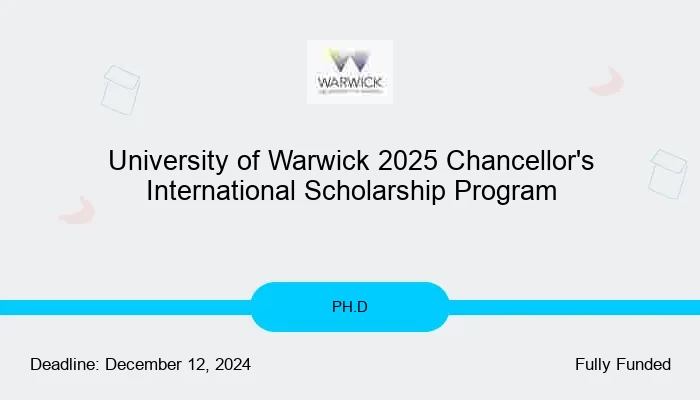
 English (US) ·
English (US) ·